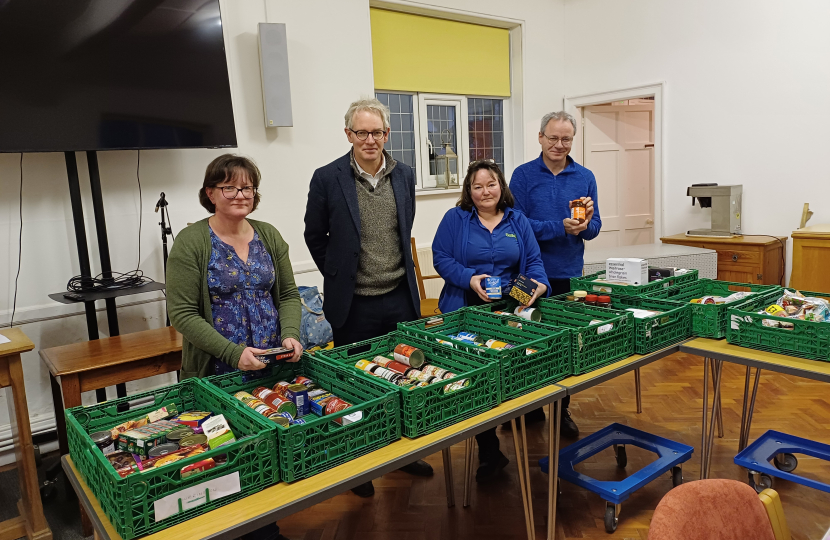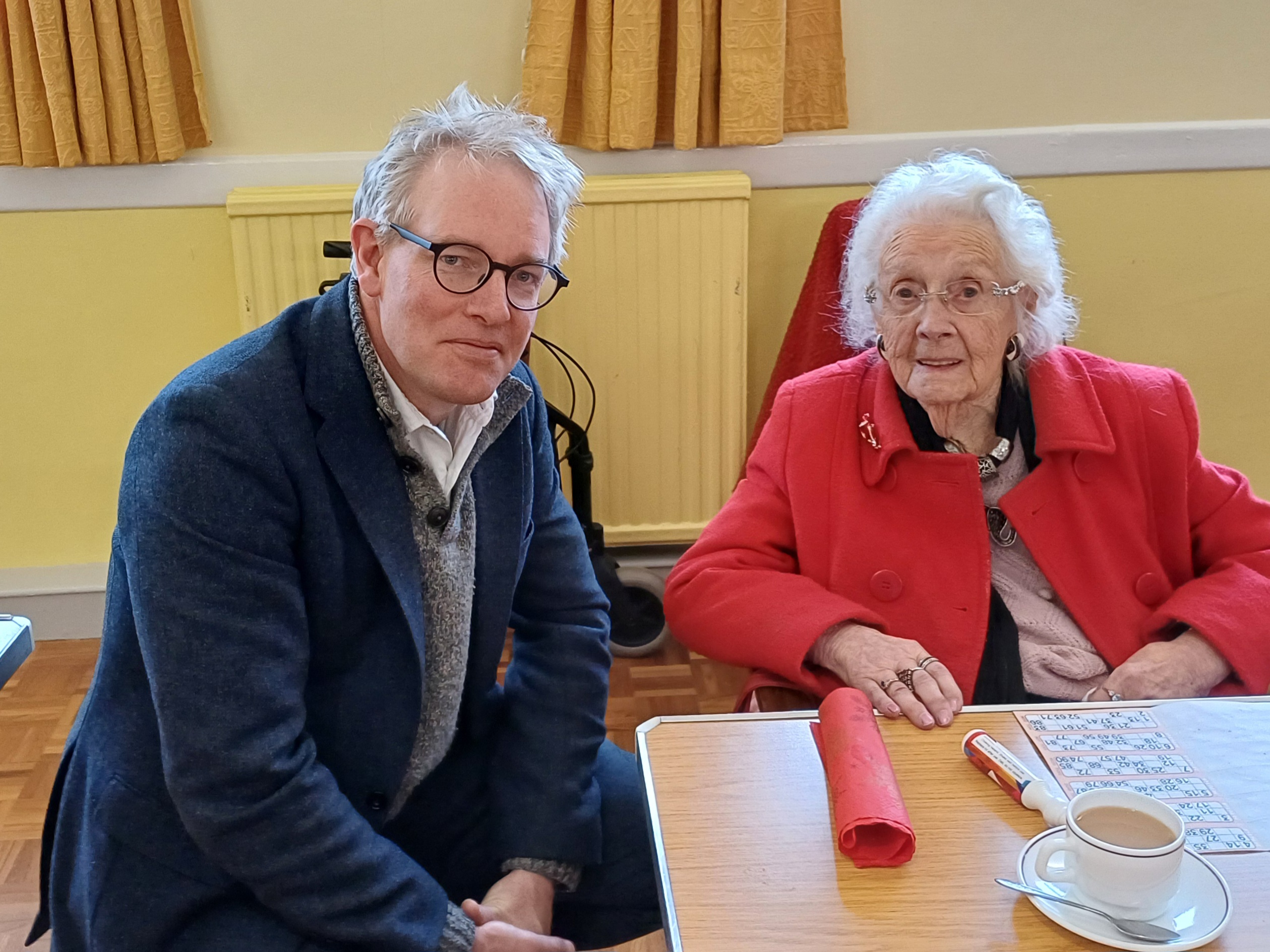
The long-brewing political crisis of the grooming gangs has finally broken over Westminster, which is a good thing. I wish the Government were doing more to empower the local enquiries they are setting up (instead of the single national enquiry the Conservatives are calling for), but it’s good that at least some questions will be asked about how the authorities allowed thousands of girls to be abused by gangs of men over so many years.
One reason for this culpable tolerance is that the police and social services believe a child can consent to sex. The law is clear: they can’t.
I asked the Safeguarding Minister a simple question: why don’t we investigate and prosecute all adult men who have sex with minors? Her answer (see here) was reassuringly robust: we should. It’s not what’s happening, however, as we know - and you can see why when you read the CPS guidance, or indeed see the teaching materials which perpetuate the dangerous myth of child consent (see here). More thoughts here.
Parliament held a debate on palliative care this week. I spoke against the appalling increases in National Insurance contributions which the government has introduced; the hospices were in a very bad way financially already, but this has loaded another £250k of costs onto Prospect House, the wonderful hospice in Wroughton. My speech here.
I also spoke up for Wiltshire commuters in a debate on the south-western rail network. For a moment in 2019 Great Bedwyn and Pewsey had a decent timetable; no longer, partly because three of the express trains intended for our services were swiped away to serve the Penzance-Cardiff line. The Government says it is buying more trains - we need some here, urgently. See here.
As shadow welfare minister I speak for the opposition on a number of issues relating to benefits and pensions. I spoke in Westminster Hall (the Commons’ second chamber) in a debate on the financial support we give adopting parents (see here) and the Waspi women (a packed debate with tensions high - see here, and a tweeted clip here).
Back in the main chamber we had a statement from the Government on the first report of the Covid enquiry, with some welcome commitments to a more streamlined and effective centre of operations in Whitehall. As I said in the debate, the state almost collapsed in early 2020, and many bad decisions were made as a consequence. But we should also remember the great work done by our councils - especially Wiltshire Council - and by our communities, and next time we have a crisis I hope we show more trust and give more responsibility to people far away from Whitehall. See here.
Also on Covid matters, I spoke in the debate on the medicines regulator (MHRA) to challenge the government to make publicly available the data it holds on vaccine-related injuries and deaths. I also argued - in my capacity as co-chair of the all-party parliamentary group Beyond Pills - for a wholly new culture of treatment of mental distress. A fifth of the adult population is on anti-depressants; for many they are addictive, and for some they are fatal. Overall we need a better model of health in the UK, that relies less on secretive deals with pharmaceutical companies and more on common sense and the natural determinants of health. My speech is here.
I spent Friday and Saturday in Durrington, army town and before that a neolithic camp where the people who built Stonehenge lived. It’s a lovely community, with a wonderful foodbank courtesy of the community church and a day centre for older people run for 40 years by Sue Paines. Sue's longevity is somewhat eclipsed by Rene Boyce, aged a sprightly 106, who didn’t seem a day over 85. Her father died before she was born, in World War One.

Durrington is well served by two excellent schools I visited - Durrington Junior, and Avon Valley secondary school. But all is not well. Both head teachers confirmed the crisis in child and adolescent mental health, with one obvious culprit at the Junior School being the fact 80% of the pupils (these are children aged 7-11) have smartphones. Another pressure on the schools is the presence of dozens of Afghan children resettled here temporarily under the various schemes for interpreters and soldiers who fought with the British against the Taliban.
I discussed the Afghan issue with the council leader, Richard Clewer, on Friday. The Government is trying to bring some more coherence to the schemes, and the council has done - in my view - a great job liaising with the MOD, with the Afghans themselves and with the local community to ensure everyone understands each other. As I wrote after visiting Larkhill in October (see here), the fact is the pressure of these families is significant, both in terms of the resources they consume and the cultural challenge they represent to local people. The UK has an obligation to help them, but it is not right that Wiltshire takes so much of the burden.
The Plough in Durrington is a success story of community power, enabled by David Cameron’s Localism Act which gave local neighbourhoods the chance to save local social assets like pubs from redevelopment. It’s now owned by local people, and was packed on Friday night. Everyone I spoke to was deeply opposed to the Labour government. Unfortunately they all seemed opposed to the Tories too, and keen on Reform UK - even though we agreed on almost everything. My party has its work cut out. Our failure to unite voters on the Right of politics will deliver another Labour government.
Speaking of Starmer, inspired by an article in the Telegraph about the egregious decision to give away - sorry, no, to pay Mauritius to take away - the Chagos Islands, I was moved to philosophise briefly on twitter about where real sovereignty lies (see here). For Starmer it lies in ‘international human rights law’, which essentially means it lies with international human rights lawyers like himself. To me, and I’m sure everyone in the Plough in Durrington, it rests in the nation state, represented by the King in Parliament. This is surely common ground where Tory and Reform voters can unite.




